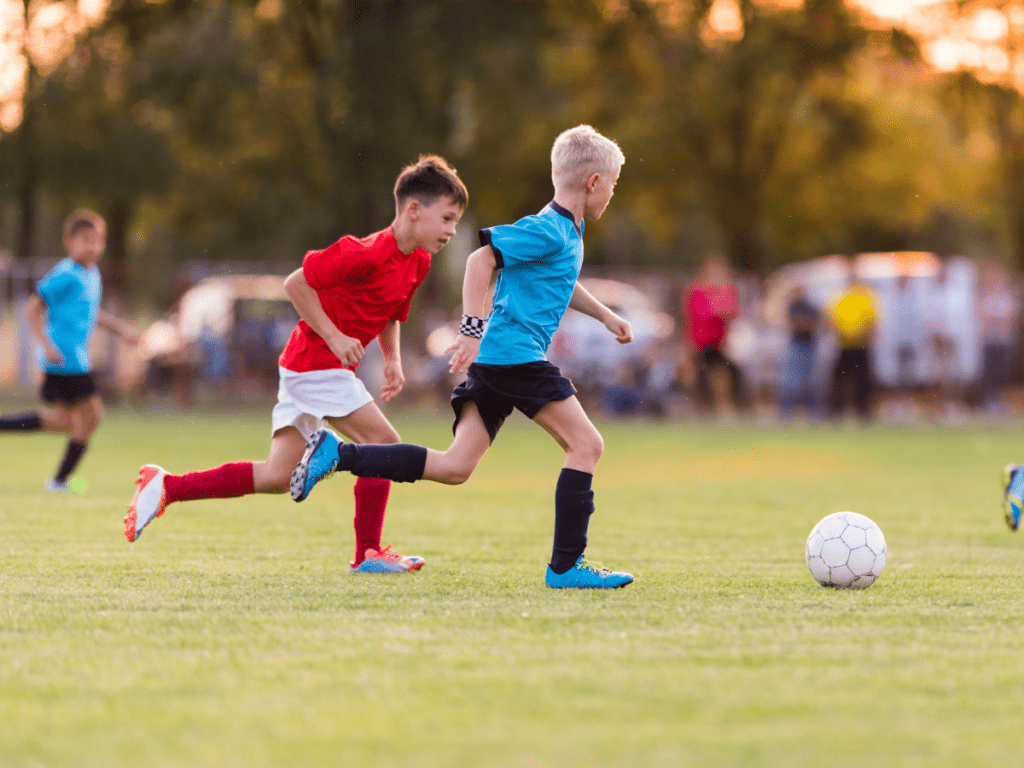Sport organization identity during COVID-19
During times of crisis, research suggests a clearly articulated vision of an organization’s core purpose can help streamline and prioritize decision making and adaptation. During COVID-19 restrictions, resilient sport organizations played a variety of roles beyond the provision of participation opportunities.
Three recommendations for sport organizations when engaging in evaluation

The sport sector considers evaluation an essential organizational practice. Through evaluation, sport organizations can gain insights and solicit feedback about their programs. Evaluation can also inform decision-making, guide program improvements, and build stakeholders’ value and advocacy for programming (Holt et al., 2016; Shaikh et al., 2020). Despite its value, evaluation also challenges many sport decision-makers,…
Pandemic mental health
Physical activity may help to alleviate the negative mental health effects experienced by older adults while social distancing, according to new research. During the pandemic, older adults who were more physically active reported fewer depressive symptoms than those who were less active.
Pandemic gymnastics
“We saw how important it was for the athletes to compete again and to be under that kind of positive pressure… Getting athletes in front of even virtual judges was really beneficial in terms of their preparation for Tokyo.” In the SIRC blog, Amanda Tambakopoulos, Program Manager for Women’s Artistic Gymnastics at Gymnastics Canada, shares…
Pandemic curling
“This is just one huge exercise in risk management… the health risks, financial risk, reputation risk, and compliance risk. It’s sort of risk management on steroids.” In the SIRCuit, Curling Canada CEO Katherine Henderson shares learnings and insight on hosting key national and international events during the COVID-19 pandemic.
Heroic acts
Less than three months after helping the Kansas City Chiefs to a Super Bowl victory, Laurent Duvernay-Tardiff returned to Canada to assist with a coronavirus outbreak at a long-term care facility in Montreal, Quebec. Laurent shows us how sport can provide athletes with valuable skills that can be taken beyond the field, pitch, and court,…
Impact of COVID-19 on athlete retirement
In a survey of national team athletes led by Game Plan in 2020, 34% of respondents said the postponement of the Tokyo Games changed their retirement plan from sport. Some said they would have to retire earlier than planned, while others chose to push their retirement for another year.
Exercise boosts immunity
Regular physical activity, as little as 30 minutes of activity, five days a week, can boost the effectiveness of vaccines. A person who is active is 50% more likely to have a higher antibody count after receiving a vaccine than somebody who is not active.
Mental health paradox
Improving mental health is a great motivator to being physically active, but stress and anxiety can stand in the way—a paradox that has been exacerbated during the COVID-19 pandemic. Researchers at McMaster University have created an evidence-based exercise toolkit for mental health that is freely available to all.
Importance of relationships to sport organization resilience
Research shows relationships have been a game changer for sport organization resilience during the COVID-19 pandemic. Strong networks and knowledge of key systems and stakeholders enabled the pivot of programs and services, and access to wage subsidies and rent relief arrangements.